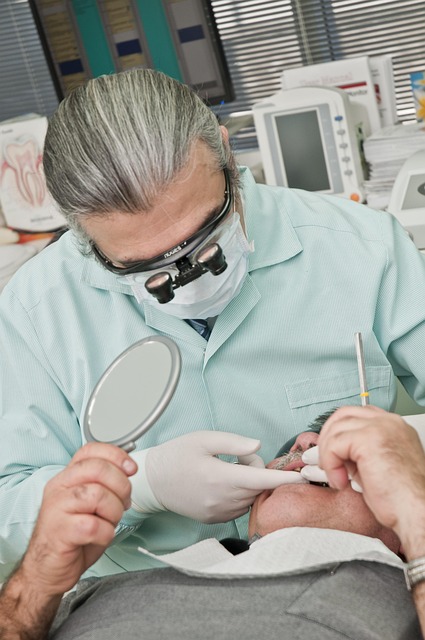Recurrent warts after surgical removal are common due to the viral nature of warts and skin healing. Manage recurrences with tailored solutions like topical treatments, cryotherapy, or specialized procedures from clinics like Guildford wart clinics. Boost immune system through healthy habits and stress management for long-term relief. Explore alternative therapies like laser treatment or immunotherapy if traditional methods fail. Prevent recurrences post-surgical removal by maintaining hygiene, avoiding skin damage, and regular check-ups at reputable clinics.
After undergoing a surgical wart removal procedure, it’s not uncommon to experience recurrent warts. This article delves into comprehensive solutions for managing persistent warts, focusing on understanding post-removal regrowth and exploring diverse treatment options. We examine common causes behind recurring warts and provide practical strategies, from topical treatments and immune system boosting techniques to alternative therapies and preventative measures.
- Understanding Recurrent Warts After Surgical Removal
- Common Causes of Post-Removal Wart Regrowth
- Topical Treatments for Persistent Warts
- Immune System Boosting Strategies
- Alternative Therapies for Hard-to-Remove Warts
- Preventive Measures to Avoid Recurrence
Understanding Recurrent Warts After Surgical Removal
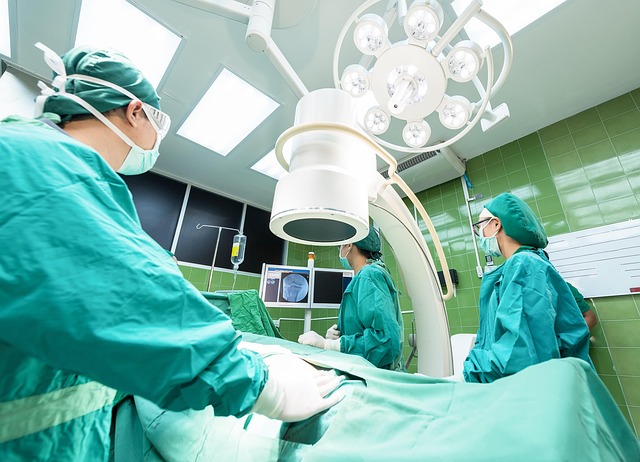
Recurrent warts after surgical removal can be frustrating and disheartening, but understanding this phenomenon is the first step towards effective management. The skin’s natural healing process and the viral nature of warts play a significant role in their regrowth. Following a surgical wart removal procedure, it’s common for new warts to appear, especially if the root of the virus was not fully eliminated during the initial treatment. This recurrence can occur within weeks or even months after the operation.
Wart removal solutions for stubborn cases often involve targeted treatments tailored to the patient’s specific needs. The private wart removal Guildford clinics offer advanced techniques to address these recurrent warts, ensuring long-term relief. By consulting with experienced professionals at a guildford wart clinic, individuals can explore various options, including topical treatments, cryotherapy, or more specialized procedures to combat viral infections and prevent future recurrences.
Common Causes of Post-Removal Wart Regrowth

Warts can often return after a surgical wart removal procedure, a concern for many patients. Several factors contribute to this recurrence, commonly stemming from the unique biology of the human skin and the nature of the viral infection. One primary cause is the resilience of the human immune system; while the initial treatment may remove the visible wart, it does not always eliminate the virus that causes it. The HPV (human papillomavirus) responsible for warts can remain dormant in the body’s cells, reactivating at any time, leading to regrowth.
Additionally, certain lifestyle factors and environmental exposures play a role. For instance, weakened immune systems due to stress, illness, or medication can increase the likelihood of wart recurrence. Moreover, direct contact with contaminated surfaces or individuals remains a significant risk factor. Given these complexities, seeking expert advice from specialized clinics like the Manchester Wart Clinic, private wart removal Guildford, or private wart removal London services can be beneficial. These facilities offer advanced treatments tailored to prevent and manage recurrent warts effectively.
Topical Treatments for Persistent Warts
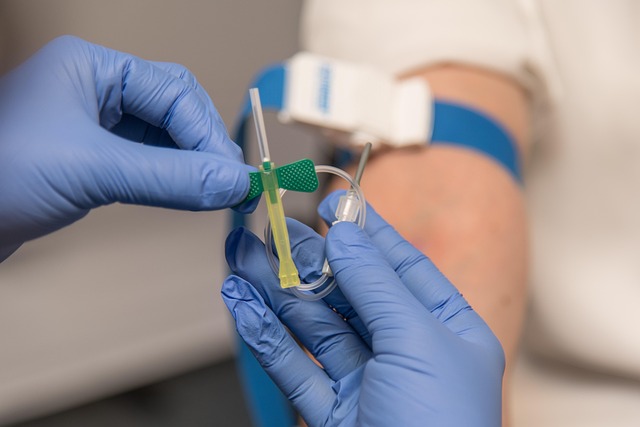
After a surgical wart removal procedure, if warts still persist or reoccur, there are several topical treatments available to tackle the issue. One common approach is using prescription-strength salicylic acid, which can be applied at home under medical supervision. This substance helps to soften and dissolve the dead skin cells that make up the wart, gradually removing it over time.
Another option for those seeking professional help could be cryotherapy, where liquid nitrogen is used to freeze and destroy the warts. This method is often employed by private wart removal clinics like Rotherham Wart Clinic, Liverpool Private Wart Removal, or Gloucester Private Wart Removal. While it may cause temporary discomfort, many patients find that repeated treatments significantly reduce the appearance of persistent warts.
Immune System Boosting Strategies

The immune system plays a pivotal role in clearing recurring warts after surgical wart removal procedures like those offered at reputable Bristol wart clinics, such as private wart removal Canterbury centres. Boosting your immune response can help your body recognize and eliminate viral infections more effectively. This involves adopting healthy lifestyle habits such as eating a balanced diet rich in vitamins and minerals, staying hydrated, and engaging in regular physical activity.
Additionally, managing stress levels through techniques like meditation or yoga can have a positive impact on your immune system. Certain supplements, when taken under professional guidance, may also aid in strengthening your body’s natural defence mechanisms. By focusing on these Immune System Boosting Strategies, individuals can improve their chances of achieving long-term relief from recurring warts after removal procedures.
Alternative Therapies for Hard-to-Remove Warts
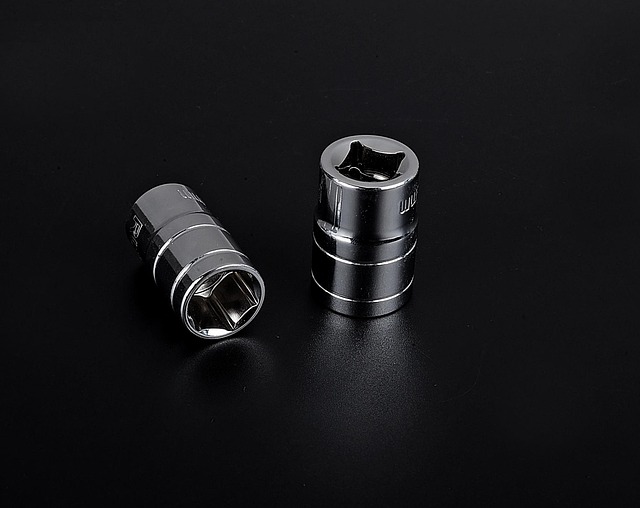
In some cases, traditional surgical wart removal procedures might not be effective for recurrent warts, leading individuals to explore alternative therapies. One such option is cryotherapy, which involves freezing the warts using liquid nitrogen. This non-invasive technique can be particularly useful for hard-to-remove warts appearing on sensitive areas like the face or hands. It may require multiple sessions, but it offers a less aggressive approach compared to surgical removal.
Another promising alternative is laser treatment, where concentrated light energy is used to burn and destroy the wart tissue. This method, often available at specialized clinics such as the Sheffield Wart Clinic or Coventry Wart Clinic, can be effective for various types of warts and provides a relatively quick recovery time. Additionally, immunotherapy treatments stimulate the body’s immune response to fight off the virus causing warts, offering a long-term solution for recurrent wart issues in private wart removal settings.
Preventive Measures to Avoid Recurrence
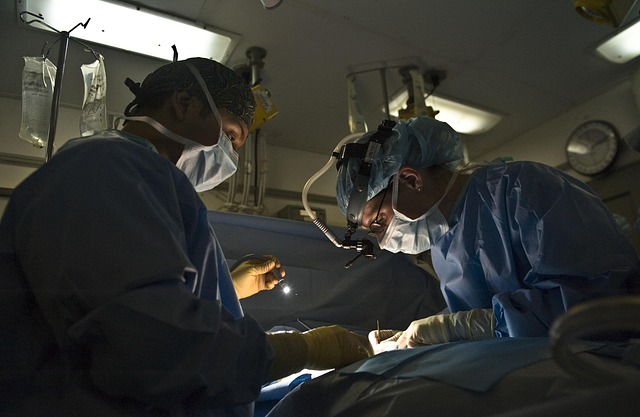
After undergoing a surgical wart removal procedure, it’s crucial to take preventive measures to avoid the recurrence of warts. One of the primary steps is maintaining good hygiene and keeping the treated area clean and dry. Avoid touching or scraping the skin around the wart, as this can introduce new viruses and trigger regrowth. Additionally, be mindful of wearing protective footwear in public places, especially in shared showers or swimming pools, to reduce contact with potential viral sources.
Another effective strategy is to stay up-to-date with regular check-ups at a reputable Rotherham wart clinic. These clinics often provide expert advice on aftercare and can catch any early signs of recurrence. Furthermore, consider refraining from activities that might cause skin damage or irritation, such as harsh exfoliation or using rough materials, as these can create openings for the virus to reenter and multiply.
After exploring various aspects of recurrent warts post surgical removal, it’s clear that a multi-faceted approach is key. By understanding the underlying causes, like weakened immune systems or viral reactivation, and employing strategies such as topical treatments, immune system boosts, and alternative therapies, individuals can effectively manage persistent warts. Preventive measures, including regular skin checks and avoiding known triggers, are also vital to prevent recurrence. Remember, proper care and persistence are essential following a surgical wart removal procedure to achieve long-term relief from these stubborn skin lesions.
